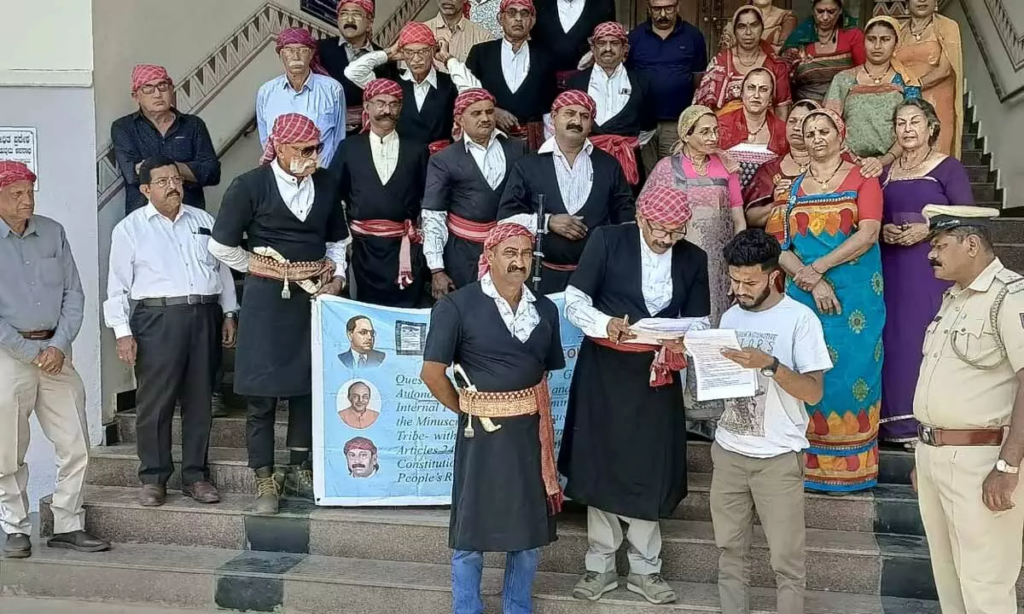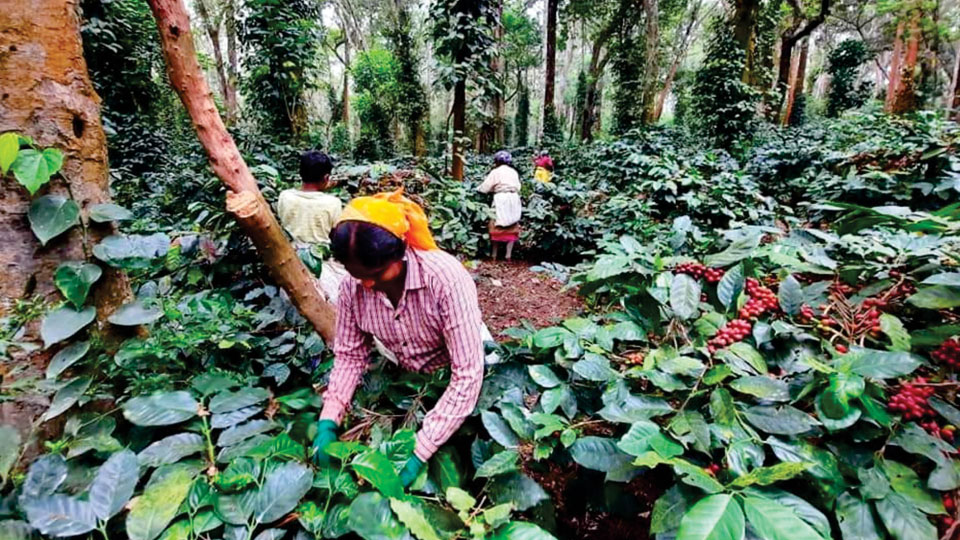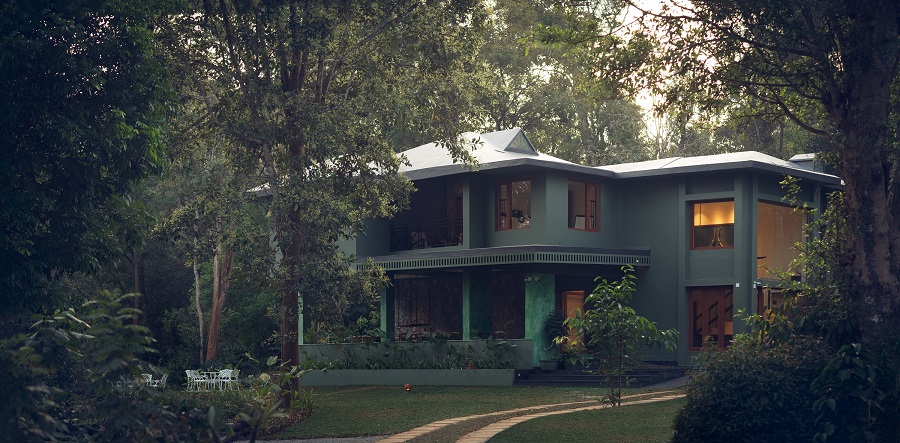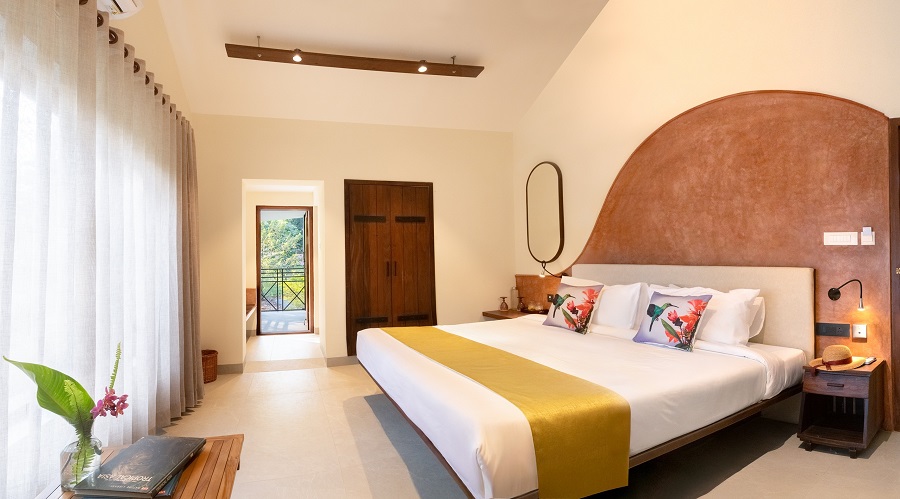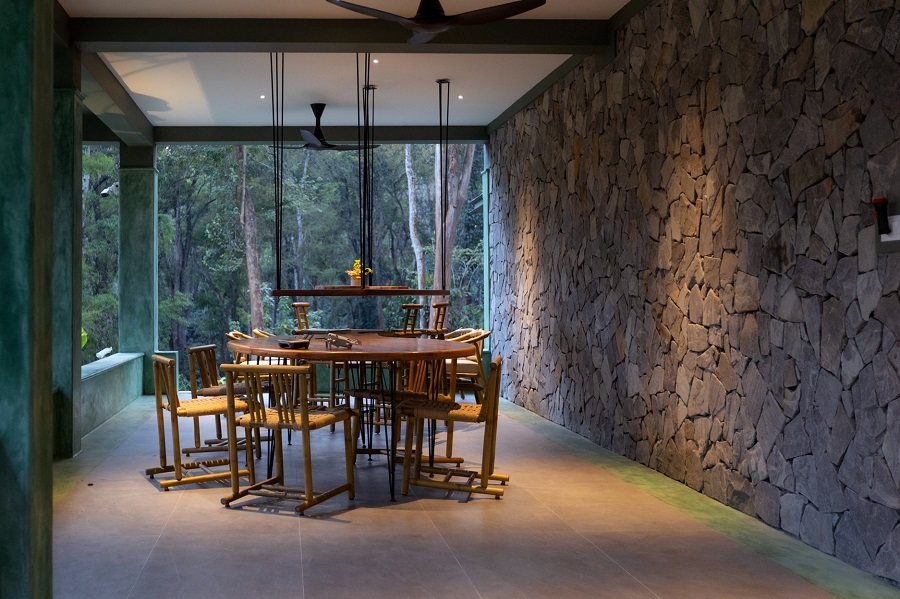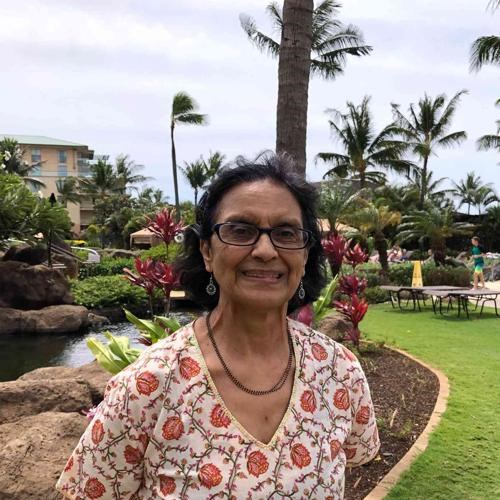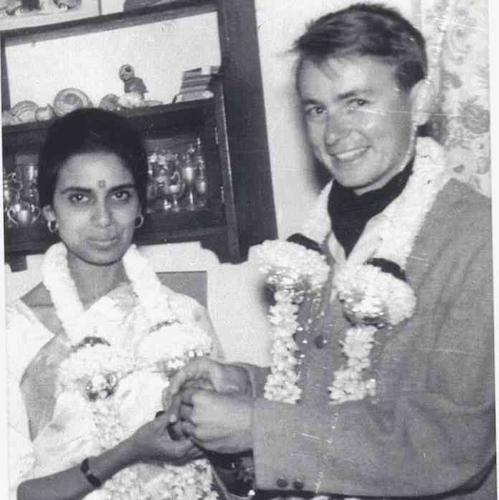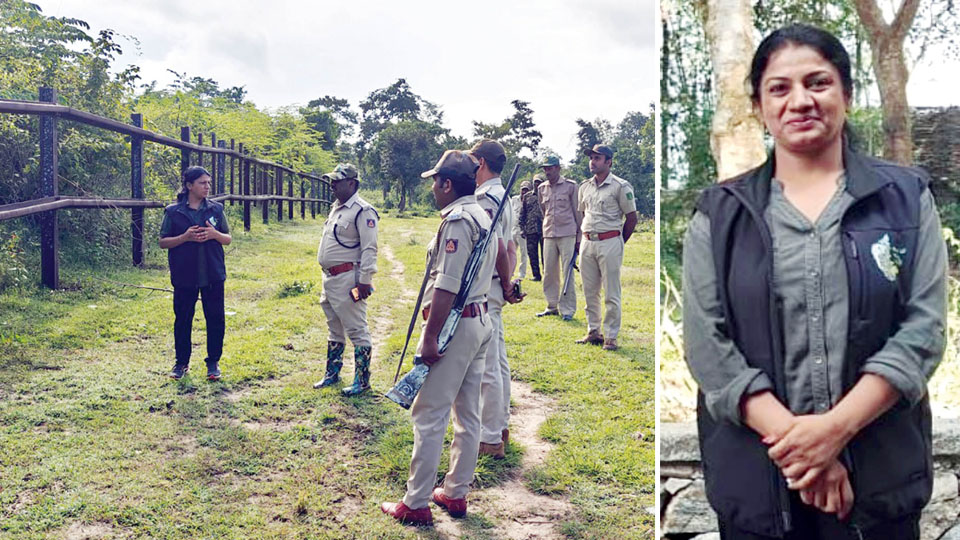
P.A. Seema is the first woman to hold the post of Director, Nagarahole Tiger Reserve
Prioritising the well-being of frontline staff while safeguarding the rich wildlife of Nagarahole Tiger Reserve, several initiatives have been implemented to prevent man-wildlife conflicts, stated P.A. Seema, Director of Nagarahole Tiger Reserve.
In an exclusive interview with Star of Mysore on the occasion of International Women’s Day, P.A. Seema, a 2017-batch IFS officer and the first woman to lead the Nagarahole Tiger Reserve, shared insights into the conservation measures undertaken under her leadership.
Having previously served as Deputy Conservator of Forests (DCF) in Mysuru, Mandya, Kodagu and the Elephant Task Force (ETF), P.A. Seema has earned praise for her commendable work. She is currently serving as the Director of the Nagarahole Tiger Reserve.
Seema expressed her pride in being appointed as the first woman Director of the Nagarahole Tiger Reserve. “I learned from the media that I am the first woman to hold this position and it fills me with pride. My goal is to live up to this recognition through dedicated service,” she stated.
Hailing from Napoklu in Kodagu district, Seema developed a deep interest in forest conservation from an early age. After completing her PUC in Napoklu and pursuing B.Sc. and M.Sc. at Forestry College in Ponnampet, she prepared for the Indian Forest Service (IFS) exam.
Seema cleared it in the 2017 batch and has since been serving in the Forest Department with a great enthusiasm.
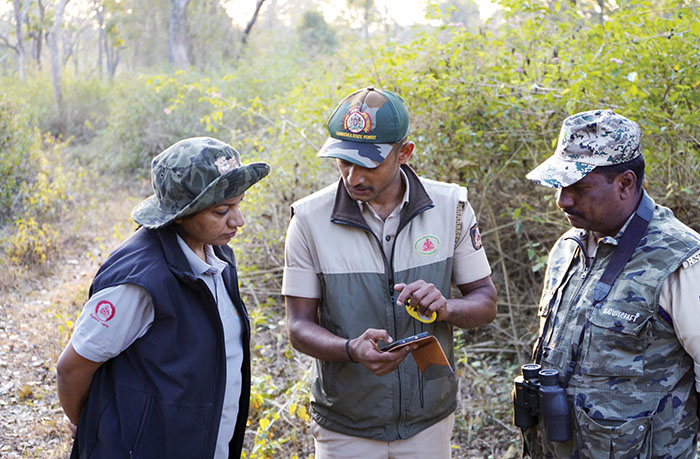
Safeguarding staff and wildlife
The Nagarahole Tiger Reserve is not only a key wildlife sanctuary in Karnataka but also one of national significance. “Our primary focus is both the conservation of wildlife and the well-being of frontline staff. The Reserve has 54 anti-poaching camps, and over 350 contract-based watchers working tirelessly to protect the forest,” Seema explained.
Various initiatives have been introduced to ensure the welfare of frontline staff. Seema reaffirmed her commitment to increasing wildlife density in Nagarahole Tiger Reserve.
“Working in a tiger reserve presents greater challenges compared to social forestry,” Seema explained. Protecting wildlife, preventing illegal intrusions, curbing poaching, mitigating man-animal conflicts, increasing animal density and preventing forest fires are some of the key challenges.
Despite these hurdles, Seema remains focused on strengthening forest and wildlife conservation while minimising man-animal conflicts. She acknowledged the strong support of frontline staff and officers in overcoming these challenges.
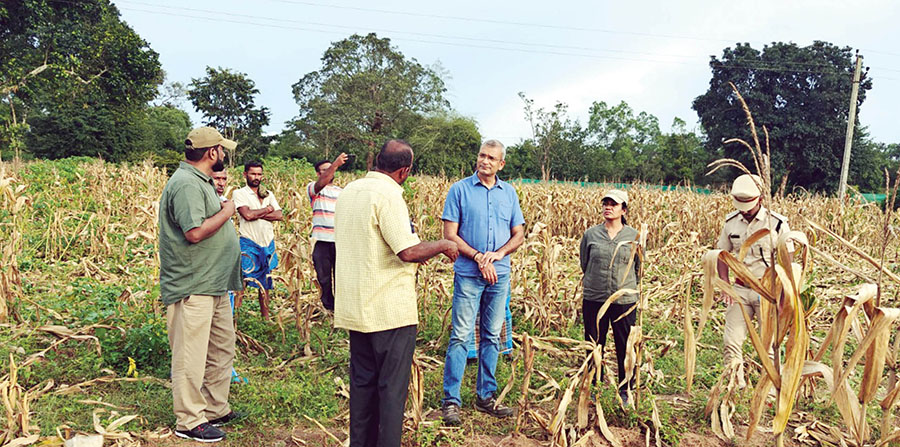
P.A. Seema (extreme right), Director of Nagarahole Tiger Reserve, during a field visit.
No security concerns for women officers
There is no shortage of security for women officers serving in the Forest Department. Senior officials and Department staff provide full support, ensuring a safe and encouraging work environment. While some may initially find fieldwork challenging, the department does not make it difficult for anyone.
Having studied at a Forestry College, Seema found fieldwork manageable. She emphasised that the department fosters a conducive atmosphere for women officers to take up responsibilities.
Increasing presence of women officers
In the past, the number of women officers in the Forest Department was relatively low.
However, inspired by women in other departments, more women are now stepping forward to take up roles across various positions in the department.
More women are now joining the Forest Department, breaking barriers and proving their capabilities through equal participation. It offers a platform to demonstrate commitment to nature conservation while building confidence, Seema noted.
Determined not to remain passive as a woman officer, Seema strives to implement innovative programmes. In the initial phase, efforts have been made to improve the welfare of frontline staff and maintain camp conditions.
Through coordinated operations, the number of man-wildlife conflict incidents in the Nagarahole region has significantly reduced over the past three to four months, she added.
Strong family support
Seema credits her family’s unwavering support for her career in the Forest Department. As the first officer in her family, she received encouragement from her parents, Kamala and Anand.
After marriage, her husband, Ranjan and children, Deshna Gowramma and Dev Ganapathi, have been equally supportive. She acknowledged that field visits often lead to late return to home, but her family, especially her children, have been understanding.
source: http://www.starofmysore.com / Star of Mysore / Home> News> Features / by M. T. Yogesh Kumar / March 05th, 2025
